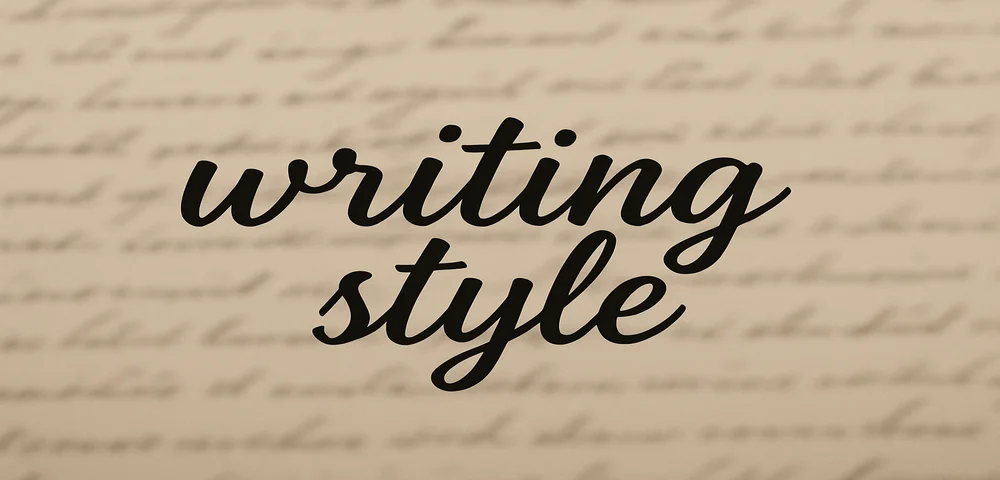“Anytime” vs. “Any Time” — What’s the Difference?

You know that moment when you're writing an email and suddenly freeze. “Let me know anytime…” Or is it “any time”? Don’t worry, you’re not alone. That one little space throws off even the best of us.
Anytime vs any time both sound the same, but are they really the same in writing? Not quite. This guide will walk you through the difference, without the grammar headache. We’ll break it down with examples, tricks, and even a quick quiz.
Quick Snapshot: What’s the Difference?
Anytime vs any time have the same meaning; the only difference lies in their usage. Let’s have a look at this quick snapshot.
To break it down even further, here are some quick rules to guide you when choosing between “any time” and “anytime.”
- As an adverb, both forms are generally acceptable.
- As a conjunction, you can also use either one.
- But when the phrase follows a preposition, always go with “any time” (two words).
- If you’re talking about a specific amount of time, the two-word version is the correct choice.
Pro Tip: If you’re ever unsure, “any time” (two words) is always safe.
What Does “Anytime” Mean?
Anytime, when used as a one-word phrase, is an adverb, and it simply means “whenever,” “on any occasion,” or “at any time.” It is something you will read or hear most of the time, in everyday conversations, texts, or even informal writings. Sometimes, it becomes an adjective, such as “an anytime snack.” Easy, right?
Some examples are as follows:
- “You can stop by anytime.”
- “Anytime you need help, just ask.”
- “Carrots are an anytime snack.”
You can test it by replacing “anytime” with “whenever” or “at any time.” If it still makes sense, you’re good to go.
What Does “Any Time” Mean?
“Any time” is a noun phrase made up of the adjective “any” and the noun “time.” It means any amount of time or a specific period. Works well in formal writing and after prepositions like “at,” “in,” or “without.”
Examples include the following:
- “Do you have any time tomorrow?”
- “He didn’t spend any time on his essay.”
- “You can visit at any time.”
When Is “Anytime” One Word?
Understanding the "anytime" meaning can help you make fewer grammatical mistakes. Let's have a look:
Use “anytime” when:
- You’re replacing “whenever” or “at any time.”
- It’s acting like an adverb modifying a verb.
Use it like this:
- “Call me anytime this week.”
- “Anytime I see her, she’s smiling.”
Don’t use it after a preposition:
- Wrong: “You can call me at anytime.”
- Right: “You can call me at any time.”
Test Trick: Replace “anytime” with “quickly.” If it sounds right, it’s an adverb, so the one-word version fits.
When Is “Any Time” Two Words?
If you’ve ever wondered about the “any time” meaning as two separate words, here’s a simple guide to help you out.
Use “any time” when:
- It follows a preposition like at, in, or without
- You’re talking about a specific amount of time
Examples:
- “We can meet at any time today.”
- “She didn’t spend any time with us.”
- “Do you have any time to talk?”
This is its formal form and is used in all writing needs, such as business emails and academic publishing.
Anytime vs Any Time Examples: Side-by-Side Comparison
Here’s a quick chart to show how “anytime” and “any time” work in real sentences, and why one is correct over the other.
Formal vs. Informal Use:
Wondering which one fits your sentence? It mostly comes down to how formal you need to sound. A simple way to figure it out:
Use “any time” in:
- Academic papers
- Business reports
- Formal requests or presentations
Use “anytime” in:
- Text messages
- Blogs
- Every day emails, or conversations
Tips to Remember the Difference:
- Prepositions love noun phrases. If there’s a preposition (like “at”), use any time.
- Do the replacement test. Try swapping in “at any time.” If it fits, you can use either.
- Still confused? Just use any time. It’s always correct and works in every context.
Try tools like Grammarly or Microsoft Editor for quick checks.
Quick Quiz: Pick the Right Form!
Fill in the blanks:
- I didn’t have ___ to finish the project.
- Call me ___ you’re free.
- We’ll meet ___ next week.
Answers:
- any time
- anytime
- any time
Need Help With Writing? We’ve Got You.
If you’ve ever second-guessed your grammar (like “anytime” vs. “any time”), you’re definitely not alone, and that’s where we come in. At Pronto Writers, we help you say it better, whether you’re working on academic papers, memoirs, business content, or SEO blogs.
Ready to sound like a pro? Let’s write something amazing together!
Wrapping Up:
Just one space can change how your sentence works. Use “anytime” when you mean “whenever,” and “any time” when you mean “any amount of time” or when following a preposition. Now you’ll never hesitate again, anytime someone asks!
Tags:

Subscribe Now & Get Exclusive Industry Insights!
By clicking submit button, you agree to our privacy Policy

